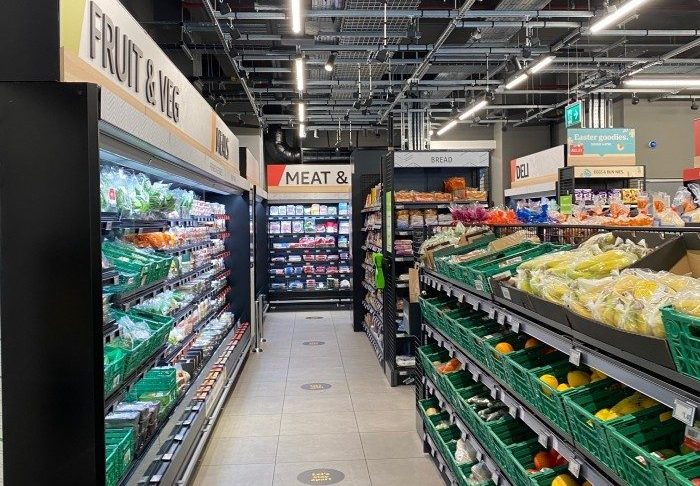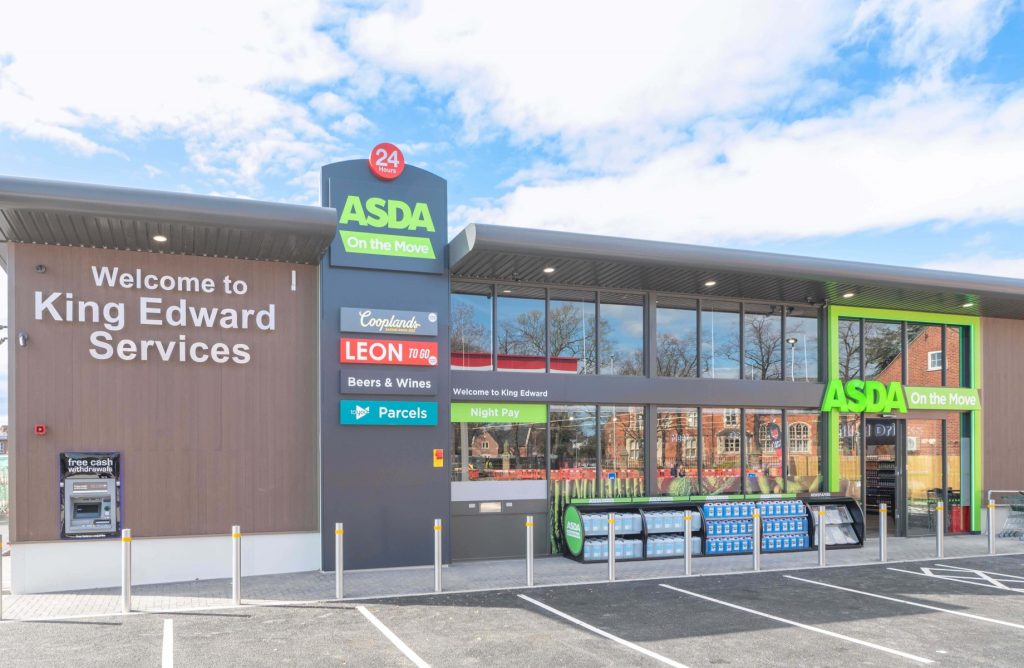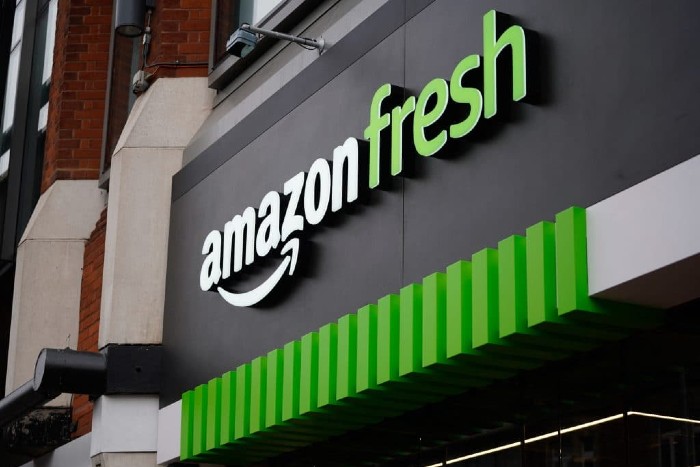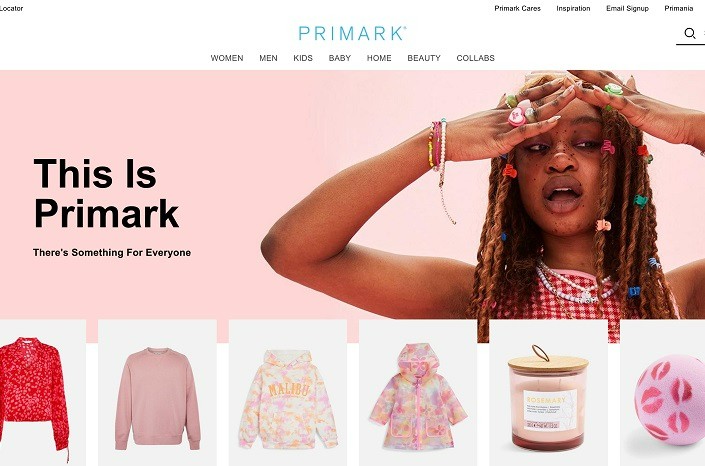With the passing of the one-year anniversary of the first Covid-19 lockdown last month, there has been much to reflect on in the retail sector.
There is little doubt that 2020 was a pivotal year for the industry, with wide-reaching and tumultuous consequences which, for many in retail, resulted in a year of immense challenge.
With the widely-covered demise of several longstanding high street names and the closure of non-essential stores dominating the headlines, you would be forgiven for thinking that 2020 was gloomy for the entire sector, save for online.

However, the persistent and almost-exclusive focus on bricks-versus-clicks simply doesn’t represent the full picture. There is another area of retail which has experienced significant growth during the last year: direct selling.
For some brands operating in the channel, 2020 was the most significant year in their history and early indications from industry leaders within the Direct Selling Association’s membership suggest that 2021 will see major additional growth across direct selling retailers.
Stealthy success?
Direct selling, the pioneer of experiential retail, still – for many in the UK – conjures up images of 1960s Tupperware parties and Avon ladies. Those images are woefully outdated, and perhaps partly explain the reasons why direct selling has seemingly come “from nowhere” to become one of retail’s success stories of 2021.
The clues were there for those that were looking. In the last couple of years The Body Shop had indicated that its direct selling channel was the leading driver of growth for the brand. Meanwhile Natura’s acquisition of Avon – shortly before the pandemic struck in January 2020 – indicated the potential that was being seen in the direct selling business model by those in the know.
Initially, the Covid lockdown appeared to present an insurmountable threat to the way the direct selling model operates. After all, the focus is on a one-to-one personalised retail experience, be that a skincare demonstration over a coffee in the customer’s home, or a social gathering during which customers get to try on and style a new clothing range.
READ MORE: The state of UK retail one year after the first lockdown
However, over recent years there has been an increasing shift to online modes of selling as younger generations join brands to become independent representatives. While brands such as Avon have led the way here with digital overhauls to support a growing breed of influencer-representative, others hadn’t quite made the shift. That all changed with Covid.
The first lockdown served as a major wake up call, and a catalyst for much wider-reaching digital transformation within the channel. As a result, 2020 was arguably the year that witnessed the greatest evolution within direct selling since the heyday of the Tupperware party in the 60s and 70s. The vast majority of brands are now supporting representatives to run slick online operations, reaching growing audiences, and – crucially – enabling the unique experiential aspect of direct selling be retained.
The approach is proving successful with shoppers and sellers alike. Earlier this year, global beauty brand Avon reported a 30 per cent increase in people signing up to sell its products in the past twelve months, while direct-to-consumer weight loss brand The 1:1 Diet reported a 10 per cent uplift in representatives.
Notably, the second most common background (or concurrent career) for those joining the direct selling industry in 2021 to earn as independent representatives, was retail.
Experiential 2.0
Retail simply won’t go back to the way it was pre-Covid. Retailers need to adapt to the post-Covid consumers and the ways they want to shop, and that means finding new ways to engage them in retail experiences which are more convenient and less centred on bricks and mortar.
How better than the from the comfort of their own home, either online, or surrounded by friends and like-minded peers? That is the future of Experiential Retail 2.0, and as retail professionals see beyond preconceived notions about the direct selling channel, it has the potential to offer new hope to retailers struggling to engage the post-Covid consumer.
Susannah Schofield OBE is the Director General of the Direct Selling Association (DSA)
Click here to sign up to Retail Gazette’s free daily email newsletter


















